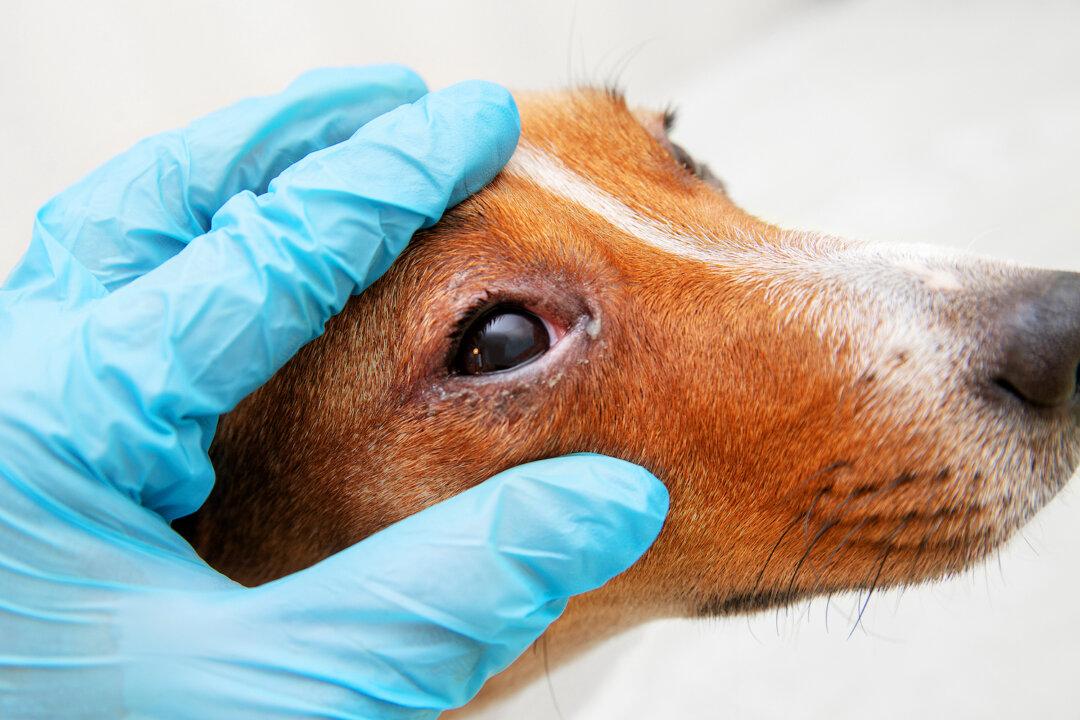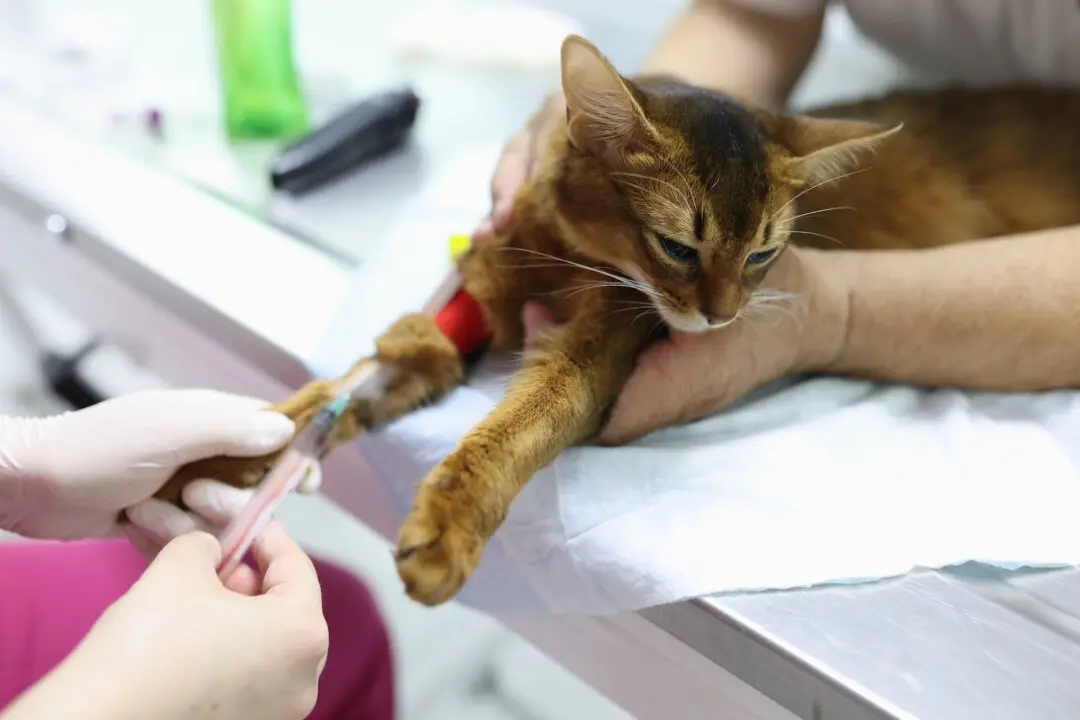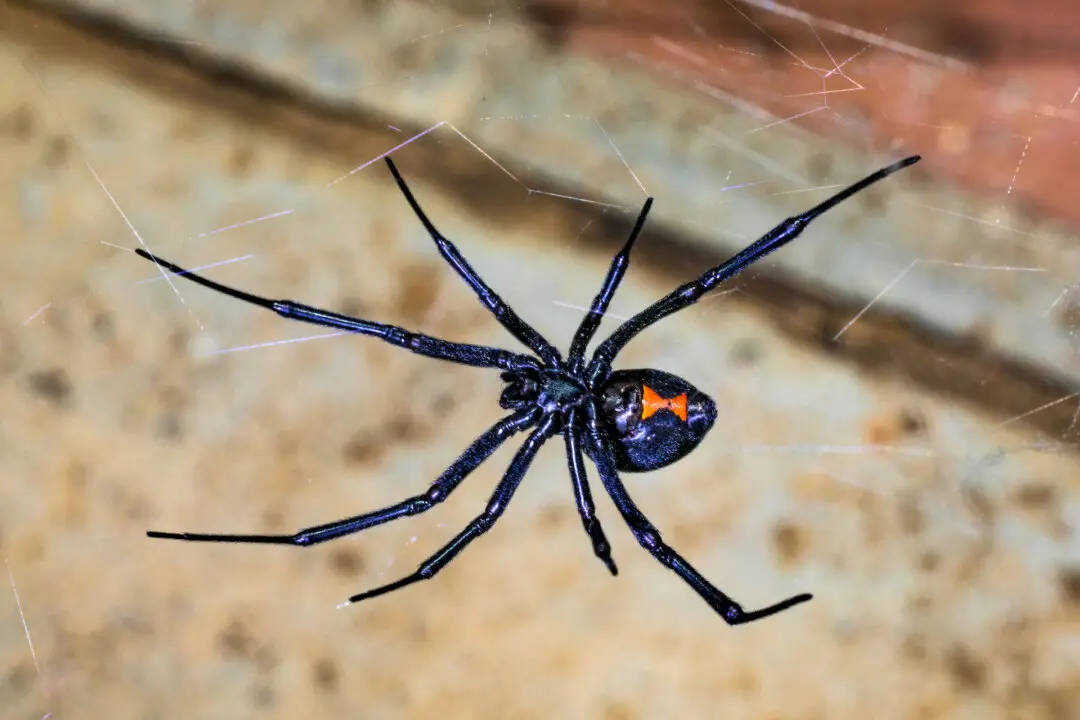Q: My cat was diagnosed with uveitis after I noticed that the iris of one eye had turned red, its pupil was small, and a foggy haze filled the normally clear front of the eye. My veterinarian prescribed steroid eye drops and sent a blood sample to the lab for further testing.
What is uveitis, and what causes it?





